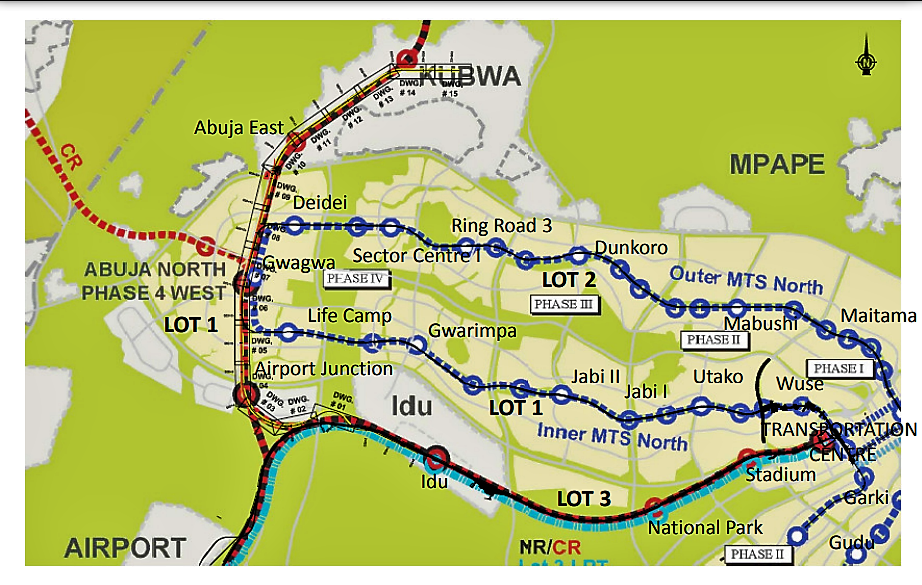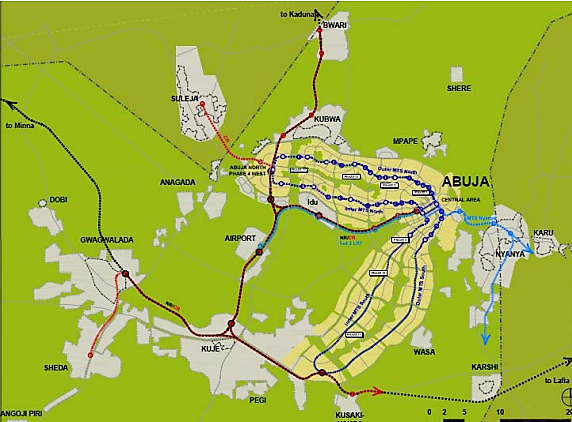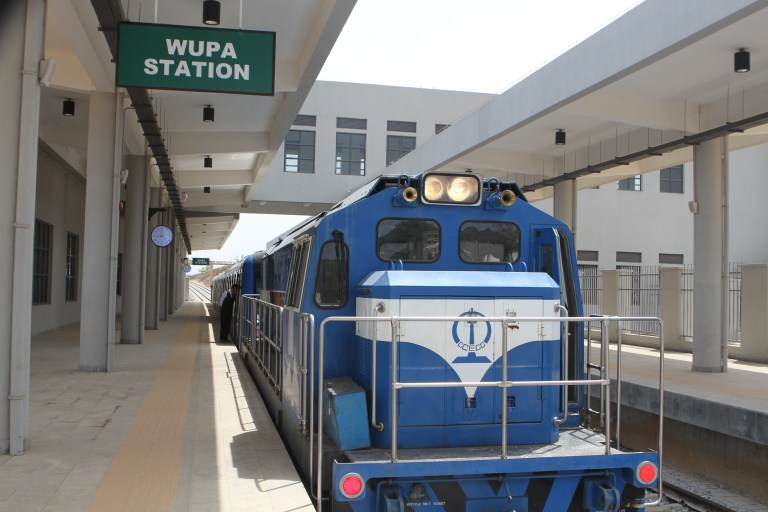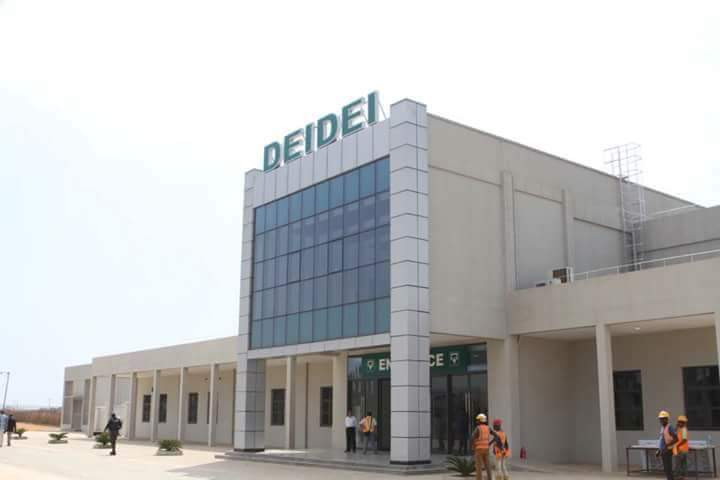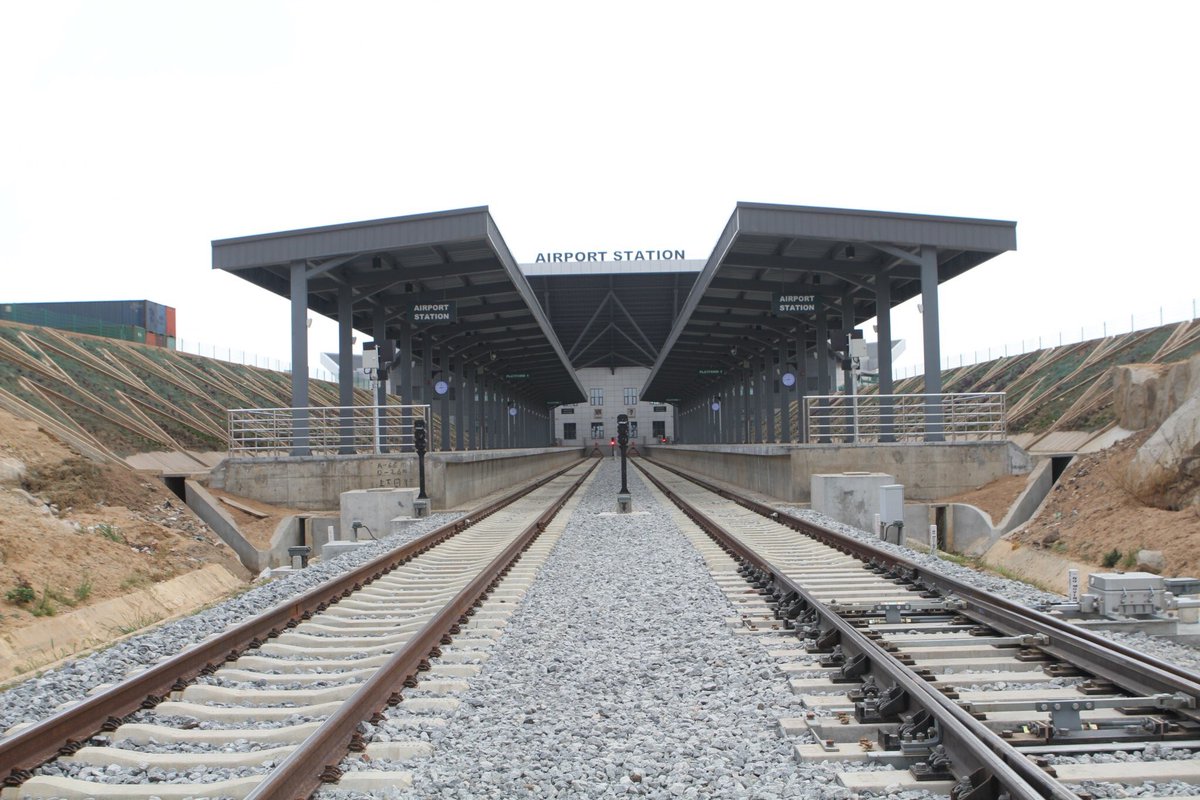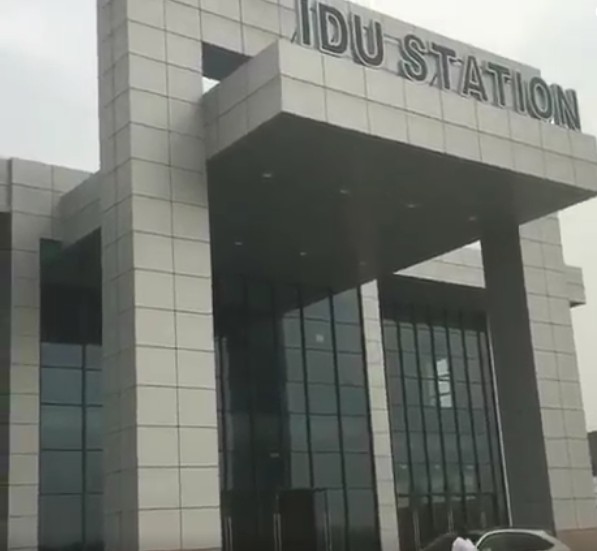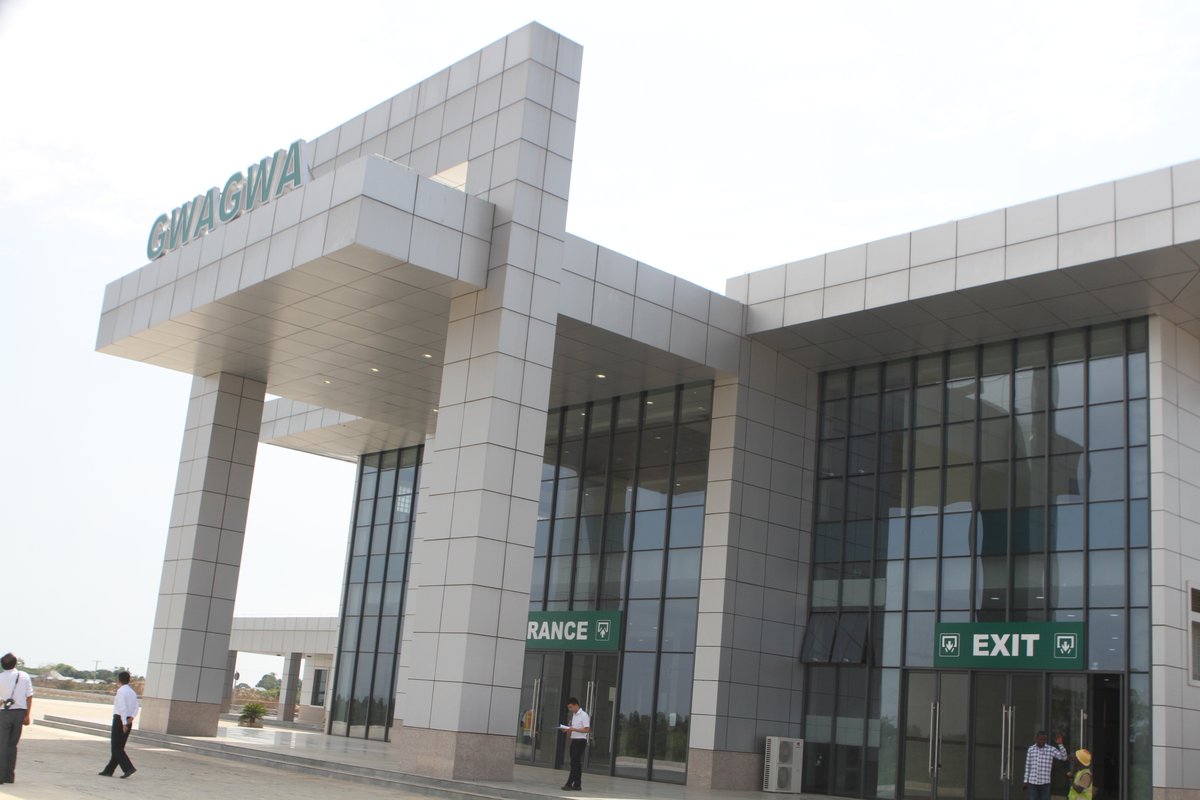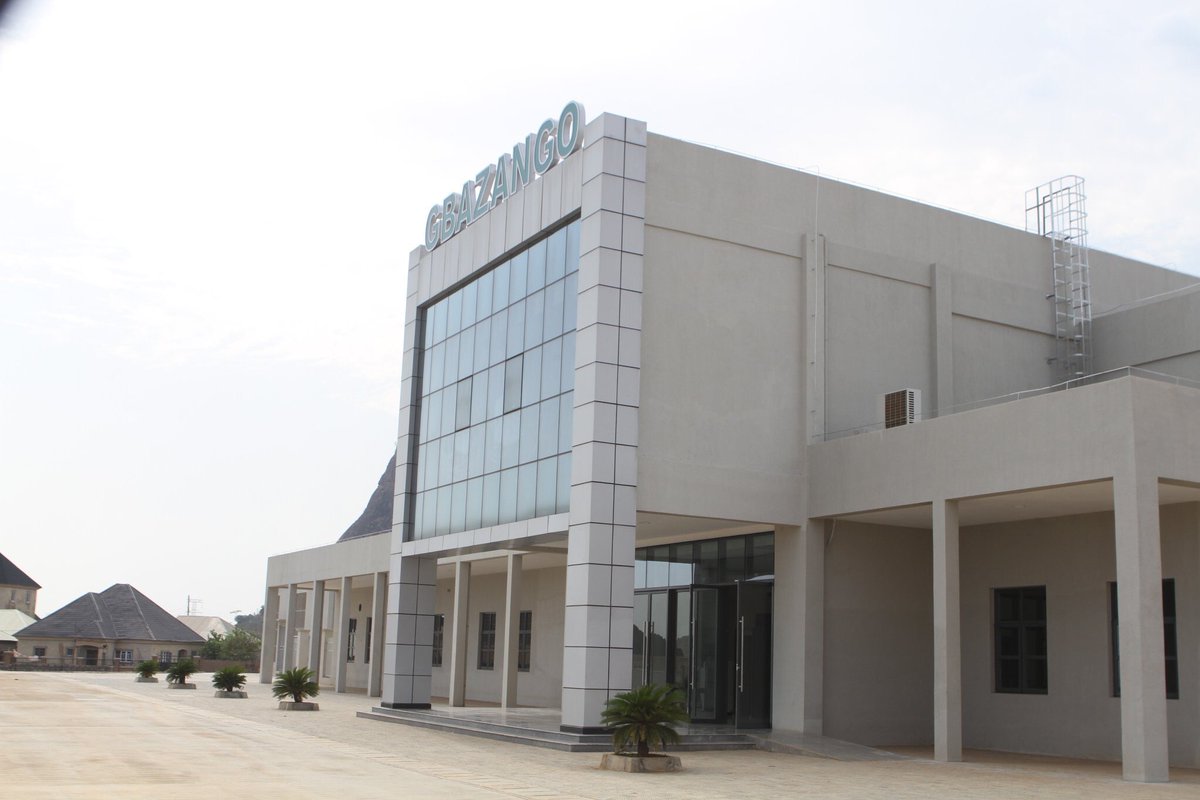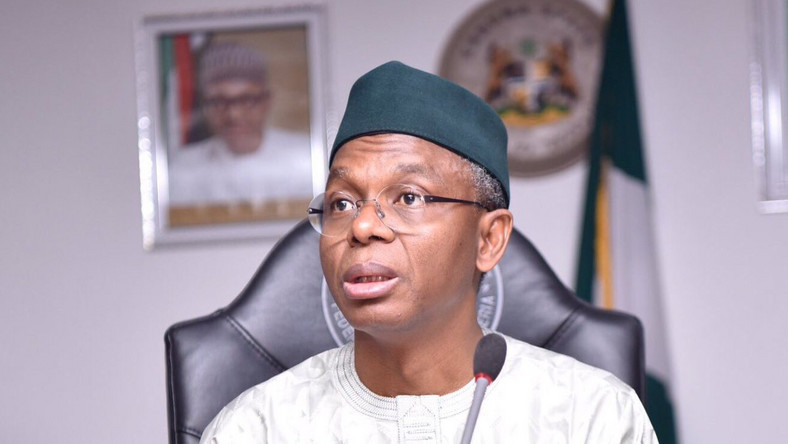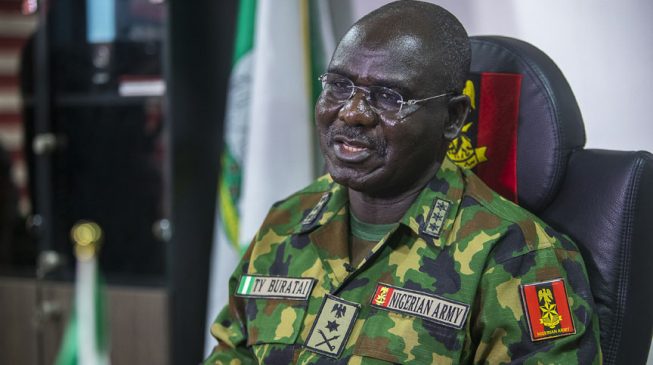Abuja residents groan over unutilised multi-billion naira Light Rail
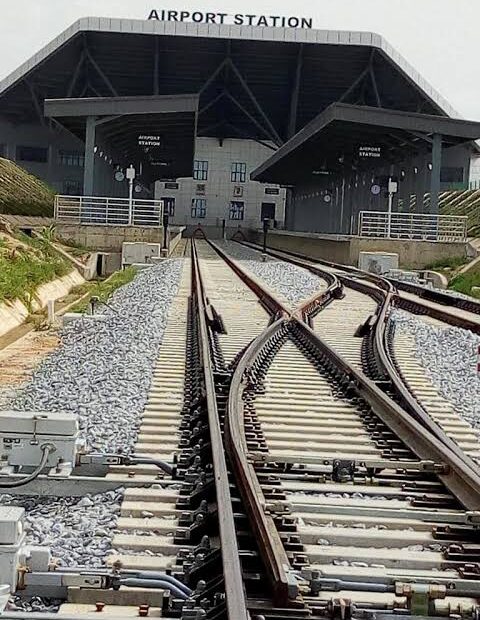
Key points
-
The Abuja light rail was meant to ease movement within the Federal Capital Territory
-
Residents lament that the system is not being used and impacting their movement
-
Project lies waste, vandalised while loan repayment has started
-
Chinese loans are shrouded in secrecy
-
Poor management caused the failure of the project; the government need to show commitment to the project
By Daniel Adaji
Residents in Abuja have groaned over the non-completion and abandonment of the Abuja Light Rail ail project. The Abuja Rail Mass Transit commonly known as Abuja Light Rail is a regional rail transport system in the Federal Capital Territory FCT, intended by the government to tackle the difficulties encountered by residents of the FCT and its adjoining satellite cities. The project has six lots.
Facilities in the rail stations rot and some equipment have been carted away by hoodlums. The government needs to go back to the drawing board and put mechanisms in place to ensure the project is revitalised, in order to meet the expectations of the people towards a sound transport system, which would ease movement and commerce in the Federal Capital.
Jonathan Thomas, a resident of the Bwari Area council lamented the poor state of the Abuja Light Rail service. According to him, the rail should have been stationed where the population of the people is concentrated and made to function properly. He lamented the long hours he spends on a daily basis waiting for commuter vehicles that would convey him home from work and the high cost of transportation.
“I am very familiar with rail services in the country. I know of the Idu-Kaduna rail service and the Itakpe rail service among others. I expected that in the capital city, the train service would work and help the mobility of people and services. I spend so much money going to town these days, especially with the hike in transportation costs. From Bwari to the airport for instance is double the price it was. If the rail services were working, I would not have to bother so much about transport costs as I would be spending a lesser amount and save money to take on other pressing needs,” he said.
Jonathan’s story gives an insight into the difficulties many people face in moving around the city since the project stopped and the government has not accounted for the use of the fund received yet, the loan repayment has commenced while China remains typically opaque about its aid to the West African nation.
In a research conducted by the Centre for Journalism Innovation and Development CJID, the first phase of the project, lots 1 and 3, was awarded in 2007 at $840m for four years by the President Obasanjo government. Out of this amount, 60 percent ($500,000,000) was to be funded with loans from the Exim Bank of China under a preferential buyer’s credit (PBC) agreement. The Federal Government of Nigeria made a counterpart contribution to the project worth $314 million. China Civil Engineering Construction Company (CCECC) was the Engineering Procurement Construction (EPC) contractor responsible for the implementation of Phase 1. The PBC carried a 20-year maturity, 7-year grace period, and a 2.5% interest rate. The final maturity date of this loan is September 21, 2032.
- Abuja Light Rail. Credit: Rowland Ataguba
- The Abuja Rail Mass Transit System aka Abuja Light
Additional details
The Chinese project title is 阿布贾城铁项目 or 的首都阿布贾铁路轨道交通项目 or 阿布贾城铁一期. In the database of Chinese loan commitments that SAIS-CARI released in July 2020, it records the maturity length of this loan as 19 years. AidData records the maturity length (20 years) that is reported by Nigeria’s Debt Management Office (DMO).
A visit to the various stations revealed that equipment at the stadium station of the metro rail has been carted away by hoodlums. Industrial electrical cables, as well as air conditioners, among other things, have been moved away without a trace.
The criminals also removed the cables along the rail tracks, as well as heavy nuts used to tie the track. According to a source, the hoodlums succeeded in removing the equipment because there were no activities around the station and rail tracks.
- Abuja Light Rail Wupa station. Image credit: FCTA
- Abuja Light Rail DeiDei station. Image credit: FCTA
According to a report, Officials said the light rail service in the completed line was shut down as a result of the COVID-19 pandemic, but an insider revealed that it recorded low patronage from the onset, leading to the authorities running at a loss.
The insider, who did not want his name mentioned because he was not permitted to talk on the project, said that the low patronage was partly the reason the train service remained shut even after the COVID-19 protocols were relaxed.
Another source said that since April 2022 when the former minister of the FCT Mohammed Musa Bello visited the site, no further work has been done on the project and the Chinese company had since been idle.
Debt already being paid
According to the Debt Management Office (DMO), the loan was signed on November 7, 2012, by the Nigerian government and China Exim Bank, and as of December 31, 2021, $76.92 million had been repaid on the principal, while $78.23 million had been paid on interest. The outstanding amount is $423.08 million.
The opacity of Chinese loans
China apparently is the largest official creditor in the world today, but the conditions attached to Chinese loans to developing countries like Nigeria are unusually secretive. Nigeria, the 6th country with the highest Chinese loan currently has 15 projects financed by Chinese loans. Dataphyte reports that “Chinese debt currently makes up 9.47 percent of the total debt of Nigeria with a debt per capita of $438 per inhabitant.”
The House of Representatives while investigating the $500m Chinese loan to Nigeria found out that the loan agreement contained a clause in which Nigeria’s sovereignty was traded off. The agreement was written in Madarin, the official language of China. The Nigerian officials were claimed to have signed the documents without understanding the full content of the loan document.
- Airport station. Image credit: FCTA
- Idu station. Image credit: FCTA
A research by AidData, the Washington-based Center for Global Development (CGD), Germany’s Kiel Institute and the Peterson Institute for International Economics compared Chinese loan contracts with those of other large lenders to produce the first systematic evaluation of the legal terms of China’s foreign lending, according to CGD.
Their analysis uncovered several unusual features to the agreements that expanded standard contract tools to boost the chances of repayment outlined below;
‘No Paris Club’
These include confidentiality clauses that prevent borrowers from revealing the terms of the loans, informal collateral arrangements that benefit Chinese lenders over other creditors and promises to keep the debt out of collective restructurings.
China’s style of confidentiality agreement is different from other state-backed lenders from other countries which impose confidentiality only on the lender. The implication of this is the government cannot be held accountable by citizens in both the lending and borrowing countries.
China’s contracts with debtors give substantial leeway for China to cancel loans or accelerate repayment.
- Abuja Light Rail Gwagwa station. Credit:FCTA
- Abuja Light rail Gbazango station. Credit: FCTA
A former banker and economist, Dr. Obadiah Mailafia in a report noted that the Chinese loans have contributed to youth unemployment in the country because the Chinese government gives the loan and also brings needed equipment and workers. He advised that the Government should only go into external debts for projects with guaranteed return on investment.
Rowland Ataguba, a Technical Advisor on Railways to the Committee on Land Transport of the House of Representatives, the Rail Mass Transit was provided for in the Abuja master plan and it is a beautiful concept meant to ease transportation of residents within the city.
However, the project is stalled due to failure on the part of the government to properly manage it, disappointing the expectations of many residents who were initially excited that the transportation stress being faced in the capital city would eventually be reduced.

The cost per kilometer of the project was high compared to other rail systems in the world. He noted that a similar project in Addis Ababa which was just about 11 kilometers less than the lots 1 to 3 cost $475m and was built by the Chinese company. Ataguba explained that for the project to be successful there would be a need for an organisation with sole responsibility to manage the Abuja Light Rail system.
“Now as with a lot of projects in Nigeria, the concept looks great on paper but when we come to delivery, things head south into incoherence and disappointment. The cost per km of the contract was about $13/km which was significantly higher than the Lagos-Kano modernization contract of $3.4/km and averages for other comparative rail systems in the world such as the Deux Montagnes upgrade in Montreal. In order to be successful, the project needs to have a project organisation that will transform into the ‘Abuja Rail Mass Transit Authority’ which should have a remit for developing a strategy for the effective integration and coordination of the various components that make up the overall system,” he said.
The Secretary of the FCT Transportation Secretariat, Abdullahi Adamu Candido, in a publication attributed the vandalism of some support infrastructure at the project site to the decision of China Civil Engineering Construction Corporation (CCECC) to withdraw the armed soldiers guiding the facilities.
The mandate secretary of the FCT Transport Secretariat, Malam Zakari Angulu Dobi in a report said “They had ascertained the level of damages to the project by vandals and they would commence the work of fixing the damaged facilities.”
The concept looks great on paper but when we come to delivery, things head south into incoherence and disappointment
According to the report, the secretary said the administration would soon begin work on another 5.76 kilometres of rail track, which was expected to gulp $272m.
Although there was no mention of where the specific track would pass and where the money would come from, almost one year after, no repair has been done nor additional rail track added.
In the course of this report, efforts were made to reach the FCTA Transportation Secretariat through the Public Relations Officer, PRO to explain why the project has stalled and what the authority was doing about it. However, the PRO did not respond to calls, WhatsApp messages and SMS.
This story was produced with support from the Centre for Journalism Innovation and Development (CJID) and funding from Centre for International Private Enterprise (CIPE)
Edited by Taiwo Hassan Adebayo
Read also……The trouble with ‘Abuja Light Rail’ project – Ataguba
The Insight Report
Nigeria Coverage

